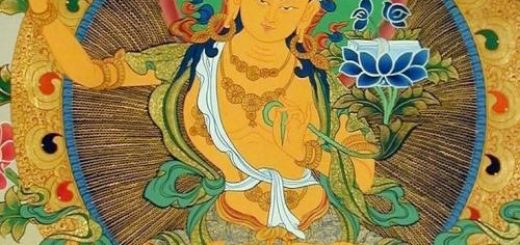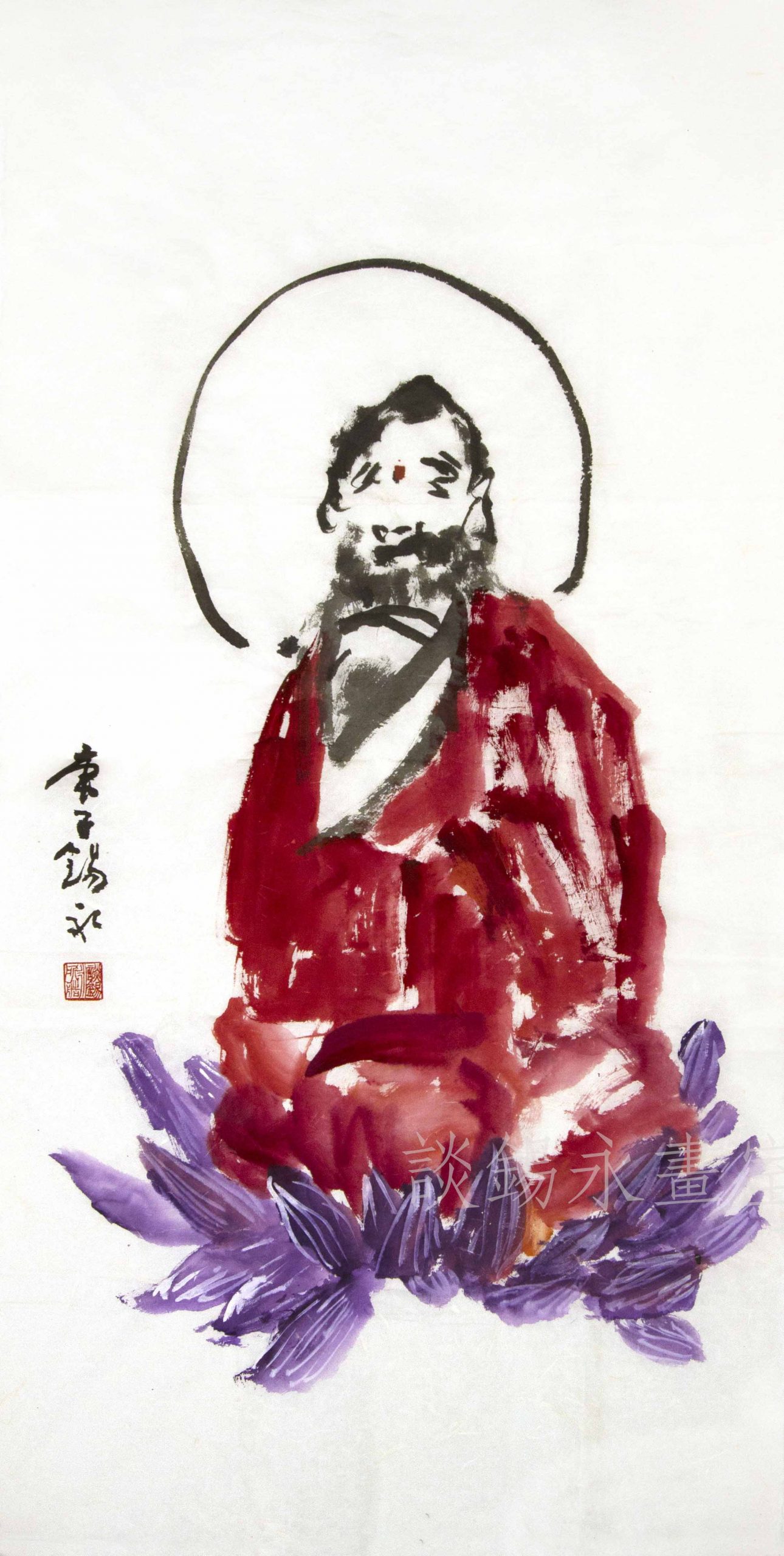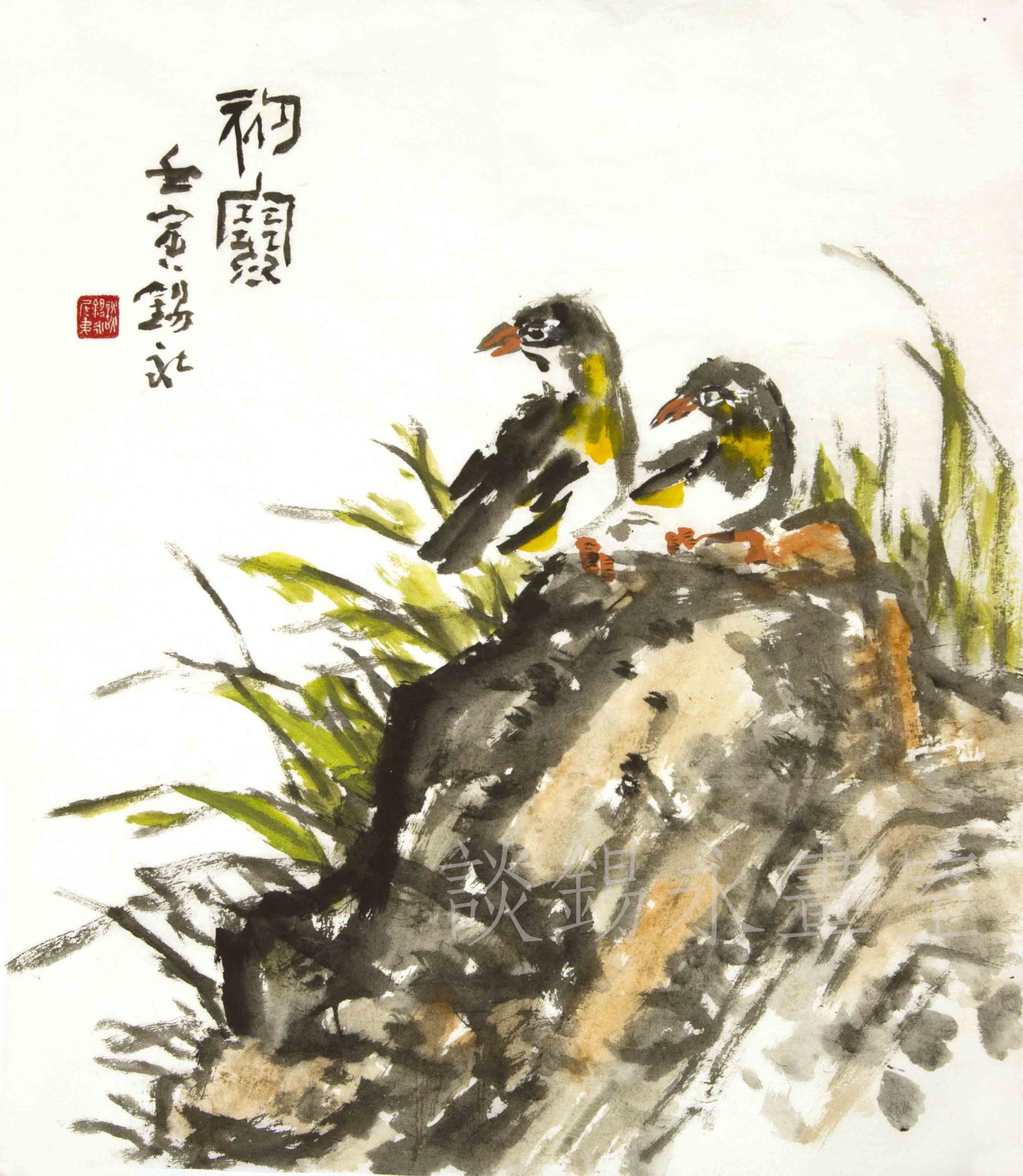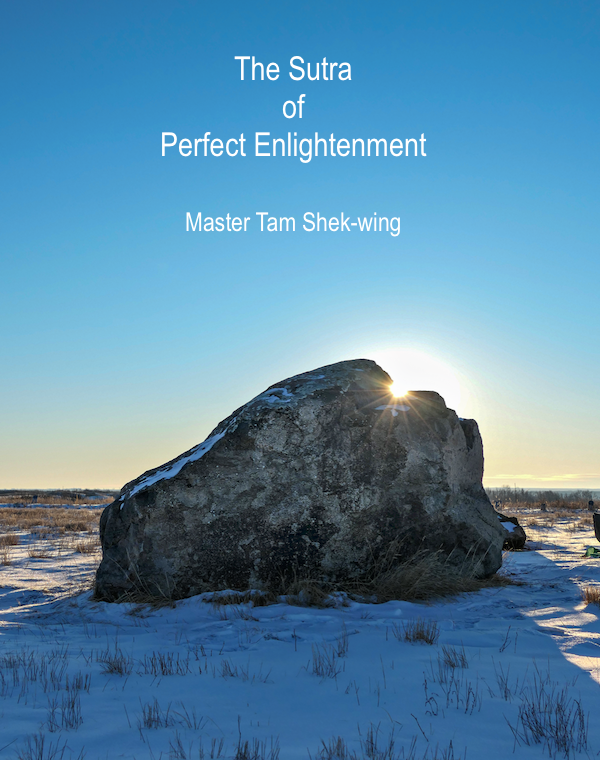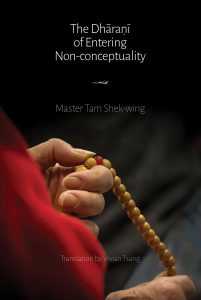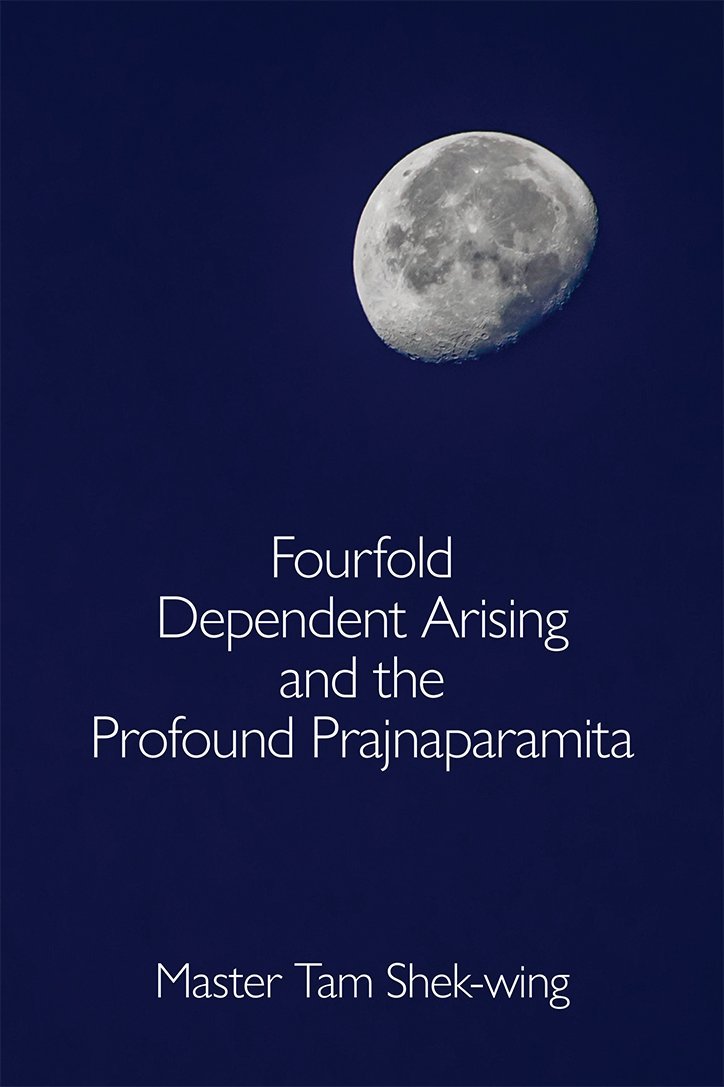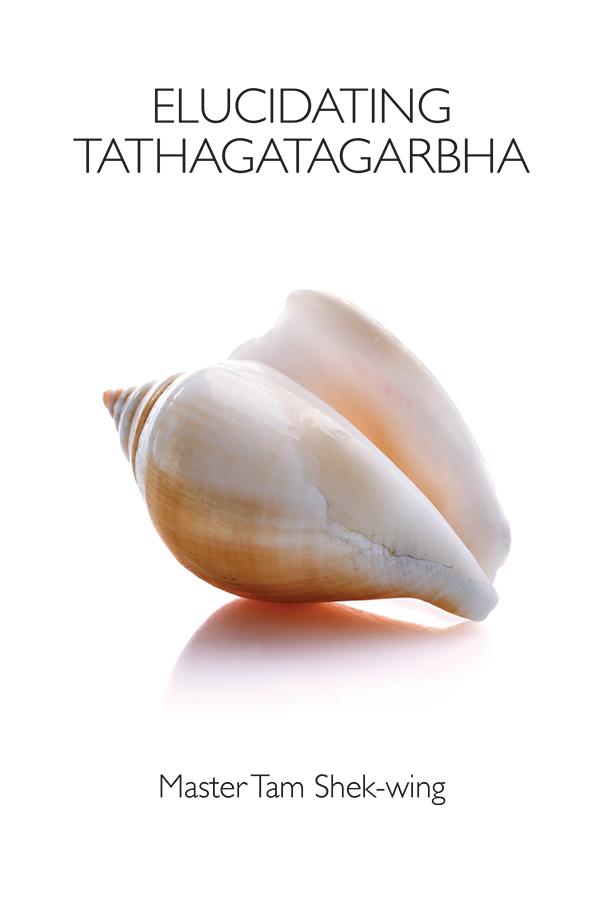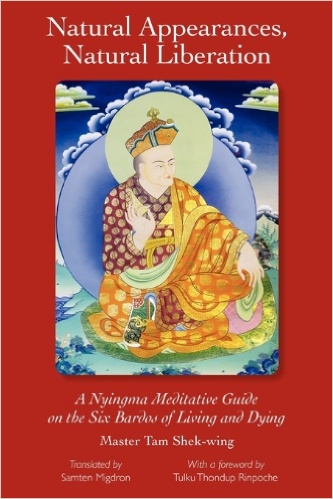Perfect Enlightenment 30: Buddha Reveals the Nature of Phenomena, Part 2
Show scripture (Chinese). 「善男子!末世眾生不了四相,雖經多劫勤苦修道,但名有為,終不能成一切聖果,是故名為正法末世。何以故?認一切我為涅槃故,有證有悟名成就故。譬如有人以賊為子,其家財寶終不成就。何以故?有我愛者亦愛涅槃,伏我愛根為涅槃相;有憎我者亦憎生死,不知愛者真生死故,別憎生死,名不解脫。 「云何當知法不解脫?善男子!彼末世眾生習菩提者,以己微證為自清淨,猶未能盡我相根本。若復有人讚歎彼法,即生歡喜便欲濟度;若復誹謗彼所得者便生瞋恨。則知我相堅固執持,潛伏藏識,遊戲諸根曾不間斷。善男子!彼修道者不除我相,是故不能入清淨覺。善男子!若知我空,無毀我者,有我說法,我未斷故,眾生、壽命亦復如是。 「善男子!末世眾生說病為法,是故名為可憐愍者;雖勤精進增益諸病,是故不能入清淨覺。善男子!末世眾生不了四相,以如來解及所行處為自修行終不成就。或有眾生未得謂得、未證謂證,見勝進者心生嫉妬;由彼眾生未斷我愛,是故不能入清淨覺。善男子!末世眾生希望成道無令求悟,唯益多聞增長我見;但當精勤降伏煩惱起大勇猛,未得令得、未斷令斷,貪、瞋、愛、慢、諂曲、嫉妬對境不生,彼我恩愛一切寂滅,佛說是人漸次成就。求善知識不墮邪見,若於所求別生憎愛,則不能入清淨覺海。」 Show scripture (English). “Good sons, sentient beings of the degenerate age do not perceive the Four Traces, and though they may struggle through many kalpas of difficult practice while cultivating the Dao, it is still only conditioned existence. They are ultimately incapable of consummating the fruits of sagehood.” “Why? Since they regard these traces of self to be nirvana, and they regard their witnessing and cognition to be consummation of enlightenment. It is like a man who mistakes a thief for his son. His family’s holdings will always come up short. Why? Because the lover of self also loves nirvāṇa, and takes the suppression of self as the characteristic of nirvana. The hater of self also hates saṃsāra. Not knowing that it is the attached love itself that is actually saṃsāra, he singles out saṃsāra for hatred, calling it non-liberation.” “How can you know this dharma as non-liberation? Good sons, these sentient beings of the degenerate age who are practicing bodhi regard the ego’s infinitesimal perception as their own purity, and are therefore unable to penetrate to the root of self-trace. If someone praises their [mistaken] dharma, then they will be overjoyed and immediately try to save him. But if someone criticizes their attainments, they will be filled with anger and resentment.” “Hence, you can know that the trace of self is being firmly held to; it is concealed in the storehouse consciousness and is playing freely throughout the faculties without interruption.” “Good sons, if these aspirants do not remove the trace of self, they will be unable to enter pure enlightenment. Good sons, if the emptiness of self is known, there can be no eliminator-of-self. If, holding to self, you expound this dharma, it is because you have not yet eliminated self. It is the same with sentient being and lifespan.” “Good sons, sentient beings of the degenerate age mistakenly understand these diseases to be the dharma. Therefore they are called the pitiable. Even though they struggle with great effort, they merely exacerbate their various diseases, and therefore are unable to enter pure enlightenment.” “Good sons, sentient beings of the degenerate age do not discern the Four Traces, and erroneously taking the understanding and practice of the Tathāgata to be their own practice, they ultimately do not accomplish enlightenment. Thus there are sentient beings who understand non-attainment to be attainment and regard non-actualization as actualization. When they see a genuine adept practitioner, they are filled with jealousy. It is exactly because these sentient beings do not sever their love of self that they are unable to enter pure enlightenment.” “Good sons, sentient beings of the degenerate age hope for Buddhahood but do not exert themselves to achieve awakening; they merely extend their intellectual knowledge, further enhancing the view of self. What they should do is just endeavor to subdue the afflictions and arouse great courage: attain what they have not attained, sever what they have not severed. Not allowing the greed, anger, love, pride, flattery, perversion, jealousy and envy which are directed at the objective realm to arise, and extinguishing all love and attachment to self and other call these people gradually consummated. Finding a Genuine Teacher, you will not fall into mistaken views. Therefore it is called the true dharma in the degenerate age.” “But if you discriminate, and have a special feeling of desire or dislike regarding the [kind of teacher] you are seeking, you will be unable to enter the ocean of pure enlightenment.” After explaining the four traces, Buddha proceeded to explain that the four traces as the cause for sentient beings for not consummating the fruits of sagehood. Practicing the correct dharma and yet incapable of reaching fruition is the hallmark of the latter days of authentic dharma (“degenerate age” in the text). Why the fruits of sagehood cannot be consummated? Because of the practitioner’s perception of self in the four traces as the characteristics of nirvāṇa. More on the perception of self. With the self, there is the lover of self that also loves nirvāṇa. The attached love is taken as the characteristics of nirvāṇa. With the self, there is the hater of self that also hates saṃsāra. Being attached to saṃsāra as reality is therefore called non-liberation. The self in each of the four traces has the attachment for love for nirvāṇa and hate for saṃsāra. This is the non-liberation despite the practice. According to Buddha, sentient beings in the degenerate age who yearn for sagehood in one’s practice, have a tendency to take one’s infinitesimal realization as their own purity, as the purity of one’s body and mind, as the purity of self. Because the realization is cognized as a self, all karmic wisdom is guarded like one’s life, clearly the trace of self is not yet extinct. How can one be aware of the trace of self has not fundamentally been extinct? Buddha said, “If someone praises their [mistaken] dharma, then they will be overjoyed and immediately try to save him. But if someone criticizes their attainments, they will be filled with anger and resentment.” One can then see that “the trace of self is being firmly held to.” This grasping is concealed in ālayavijñāna (storehouse consciousness) without interruption. This is the attachment to dharma. With attachment, various sicknesses arise. More on the illness from attachment. First, not able to remove the trace of self, one becomes calculating of praises and criticisms, such that all four traces are present, taking the “self” as the teaching: claiming that one’s realization as the trace of self, claiming that one’s understanding as the trace of person, claiming one’s insight as the trace of sentient beings, claiming one’s enlightenment as the trace of longevity. This way, the practitioner is hard at work with the four traces, essentially compounding on one’s sickness. They may believe that they are practicing according to the understanding of tathāgata’s teaching, and conduct themselves according to tathāgata’s conduct, but because they have become trapped by the four traces, their practice amounts to surface imitation, such that fruition is never within reach. Furthermore, because of attachment, it is easy to become conceited, where a non-attainment is claimed to be an attainment; a non-realization is claimed to be a realization. Along with the pride, jealousy and envy arise as well. Naturally one cannot enter pure enlightenment. With these sicknesses, what is the antidote? Buddhahood as the antidote. Buddha said, “[S]entient beings of the degenerate age hope for Buddhahood but do not exert themselves to achieve awakening; they merely extend their intellectual knowledge, further enhancing the view of self. What they should do is just endeavor to subdue the afflictions and arouse great courage: attain what they have not attained, sever what they have not severed. Not allowing the greed, anger, love, pride, flattery, perversion, jealousy and envy which are directed at the objective realm to arise, and extinguishing all love and attachment to self and other call these people gradually consummated.” On finding a genuine teacher. As well, finding a genuine teacher, so that one can distinguish between true dharma and mistaken views. “But if you discriminate, and have a special feeling of desire or dislike regarding the [kind of teacher] you are seeking, you will be unable to enter the ocean of pure enlightenment.” A genuine respect to the genuine teacher is also a genuine respect to the true, authentic view and dharma. By discussing the four traces, Buddha has thoroughly explained attachments to the ego self and the dharma self. The two attachments are common sickness among sentient beings in the degenerate age. May the readers follow Buddha’s teaching of the four reliances to read this scripture with fairness, eliminating what one believes to be my knowledge, my view, my realization, my understanding, my insight, my enlightenment. Conduct oneself thusly, one naturally enters the four reliances, to rely on the authentic dharma and not the person, rely on the authentic meaning and not the words, rely on wisdom and not consciousness, rely on the definitive meaning and not the non-definitive meaning. The concluding verse for the section (Chinese). 爾時,世尊欲重宣此義而說偈言: 淨業汝當知, 一切諸眾生, The concluding verse for the section (English). Then the World Honoured One, desiring to reiterate the gist of this, spoke a verse. He said: Purifier of Karma, you should know The verse says the “self” in the four traces should be eliminated. According to the scripture, attachments to self is not an ailment specific to ordinary people. Theravada practitioners of Śrāvaka and Pratyekabuddha, as well as Mahāyāna bodhisattva practitioners, they may also become trapped by the self. Despite practicing the authentic teaching, the moment one becomes trapped by the self, the authentic dharma becomes distorted (à la “degenerate age” or 正法末世). This is a common mistake nowadays. Before the four traces are eliminated, it is naturally the case where “Love and hatred arise in the mind / And flattery and perversion remain in all thoughts.” Many proclaim to be practitioners with a thorough understanding of the dharma. Nowadays, many take pride in reiterating their own sectarian views. This pride is naturally a self in the four traces. This verse is in essence a serious warning to us. To seek the dharma with the self can ultimately no consummation of enlightenment. Leave all desire and hatred is when the seeking beneficial.Chinese:
English:
Commentary:
Chinese:
皆由執我愛, 無始妄流轉,
未除四種相, 不得成菩提。
愛憎生於心, 諂曲存諸念,
是故多迷悶, 不能入覺城。
若能歸悟剎, 先去貪瞋癡,
法愛不存心, 漸次可成就。
我身本不有, 憎愛何由生?
此人求善友, 終不墮邪見。
所求別生心, 究竟非成就。English:
That because of attachment to and love of self
All sentient beings
Deludedly transmigrate without beginning.
Not removing four kinds of traces
They cannot accomplish bodhi.
Love and hatred arise in the mind
And flattery and perversion remain in all thoughts
There is much delusion and grief;
You are unable to enter the citadel of enlightenment.
If you wish to be able to return to the enlightened realm,
First leave all desire, hatred and ignorance.
When the dharma of love does not remain in the mind
You can gradually Perfect Enlightenment.
The self originally does not exist:
How can love and hatred arise?
If this person seeks a Genuine Teacher
He will never fall into evil views.
But if “something separate to be sought” arises in his mind
There will ultimately be no consummation of enlightenment.Commentary:

